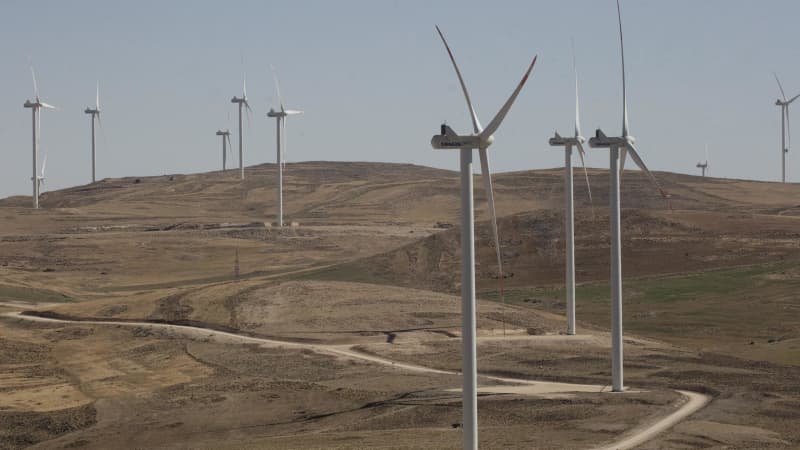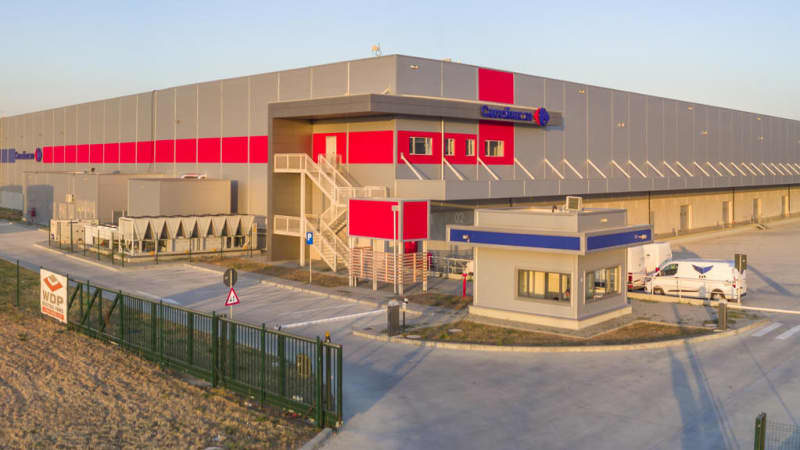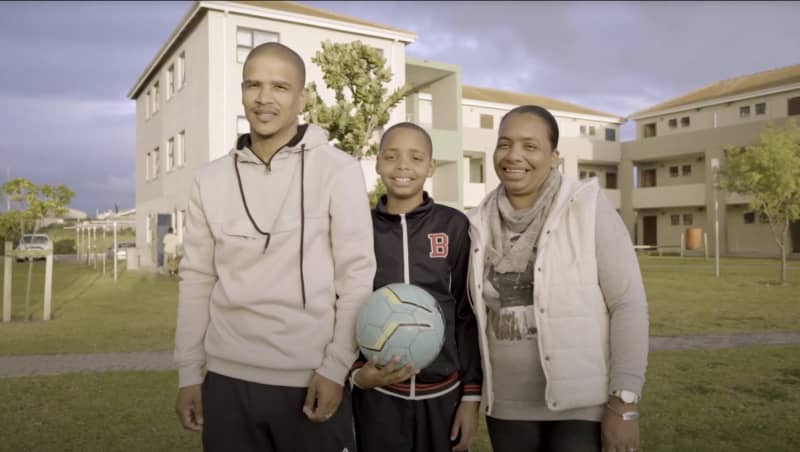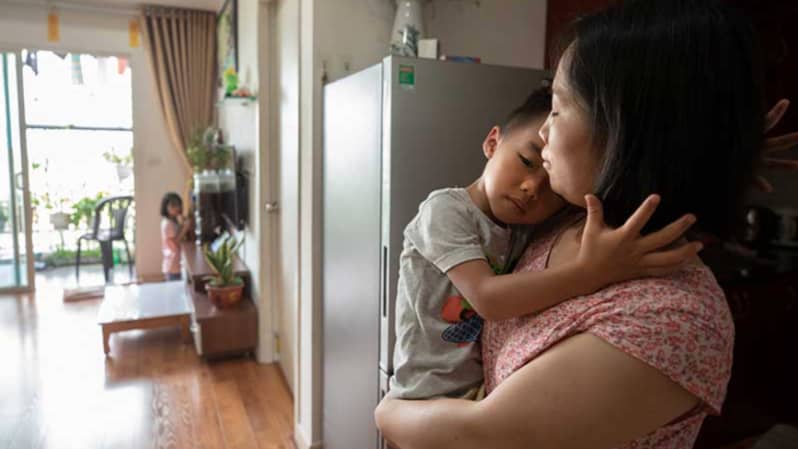Empowering a Remote Community in Mozambique
A community of farmers found new hope in the construction of the Mocuba solar plant that is providing consistent, clean, and affordable energy to homes and small businesses in Zambezia region, Mozambique.
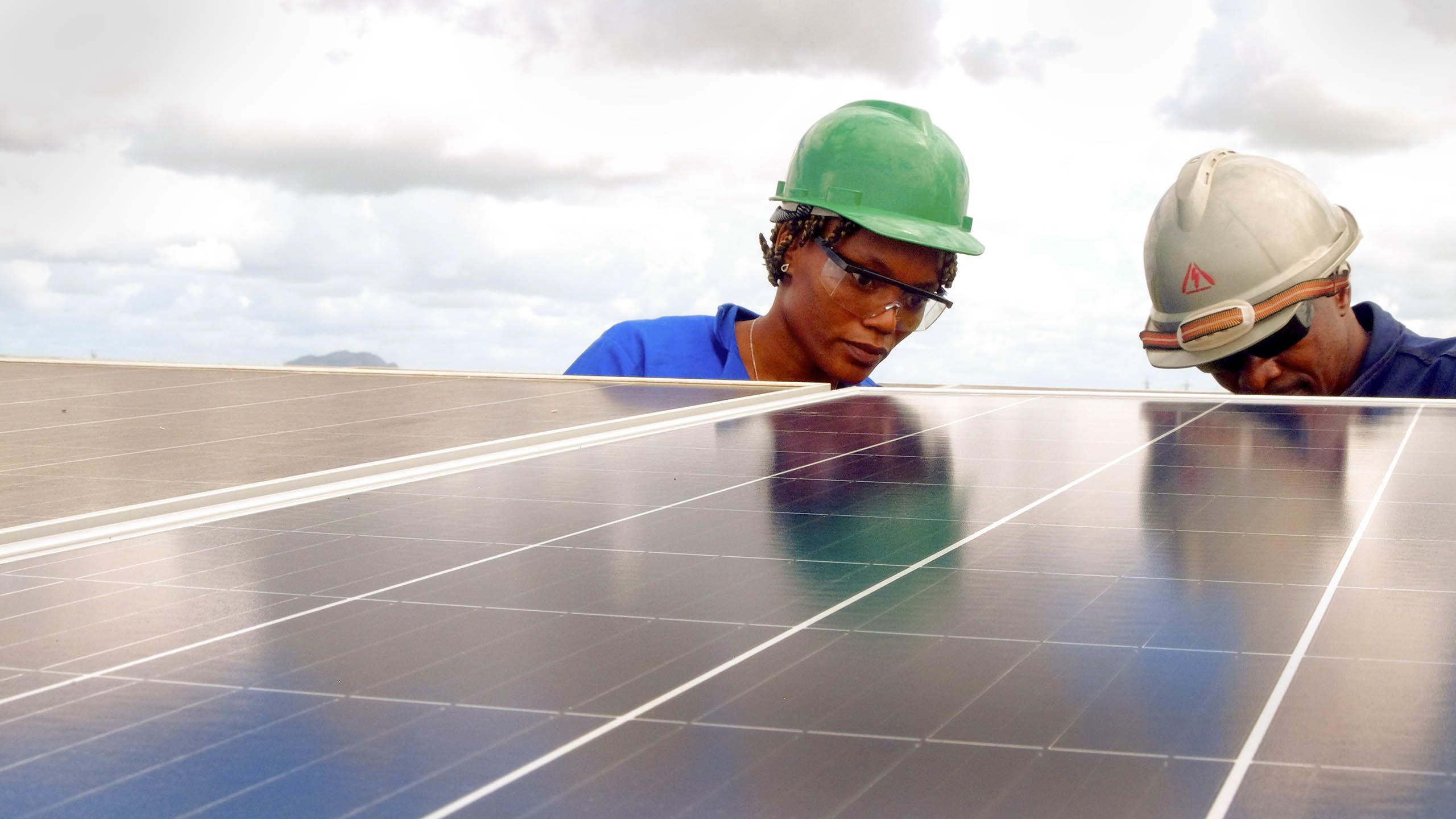
Rows of slanting solar panels sprawl across 500 acres in central Mozambique, powering tens of thousands of homes and businesses with clean, renewable energy.
Mocuba is Mozambique’s first large-scale solar power plant—and a testament to the country’s growing commitment to renewable energy.
Developed by independent power producer Scatec Solar and Mozambique’s electricity utility, Electricidade de Moçambique, the Mocuba Solar plant is bringing clean, renewable energy to an estimated 65,000 families in Mozambique’s Zambezia Province.
The project is an important pillar in Mozambique’s ambitious energy transition strategy, which aims to attract billions of dollars of investment into hydropower, solar, and wind generation and accompanying transmission infrastructure by 2050.
A coastal country that is affected by floods, storms, and irregular rainfall, Mozambique is extremely vulnerable to climate change and is working to diversify and strengthen its power infrastructure to support sustainable economic growth and poverty reduction.
IFC led a landmark financing package of $55 million to support Mocuba, including $19 million from IFC’s own account and a syndicated loan of up to $17 million. One of the world’s largest climate finance mechanisms, the Climate Investment Funds (CIF) contributed $19 million, with $9 million from the Clean Technology Fund and $10 million from the Pilot Program for Climate Resilience.
This blended finance approach, combining concessional funds from CIF with funds from IFC’s own-account, reduced project costs, leading to lower energy tariffs. Mocuba Solar is offsetting an estimated 14,000 tons of CO2 emissions annually.
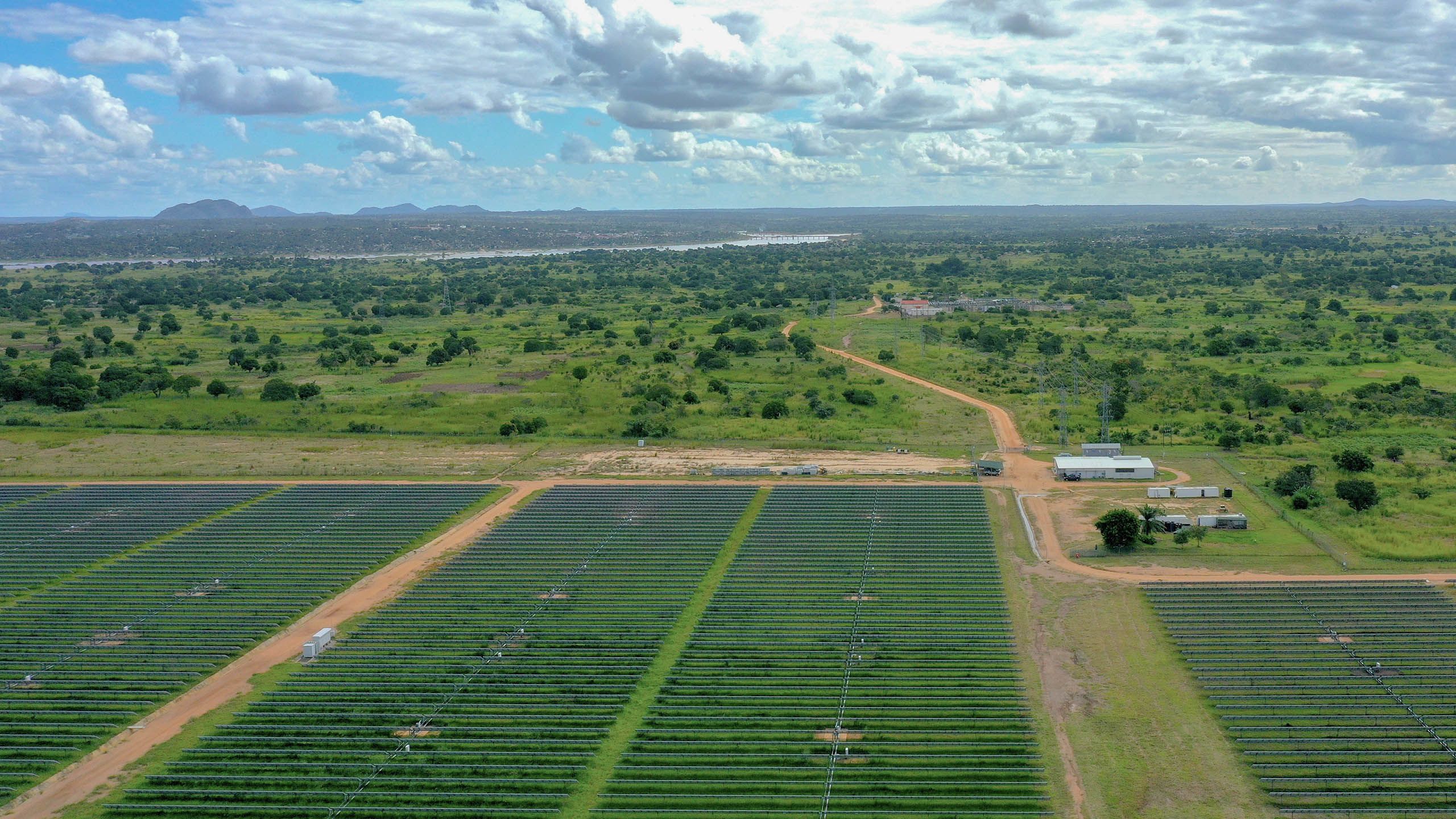
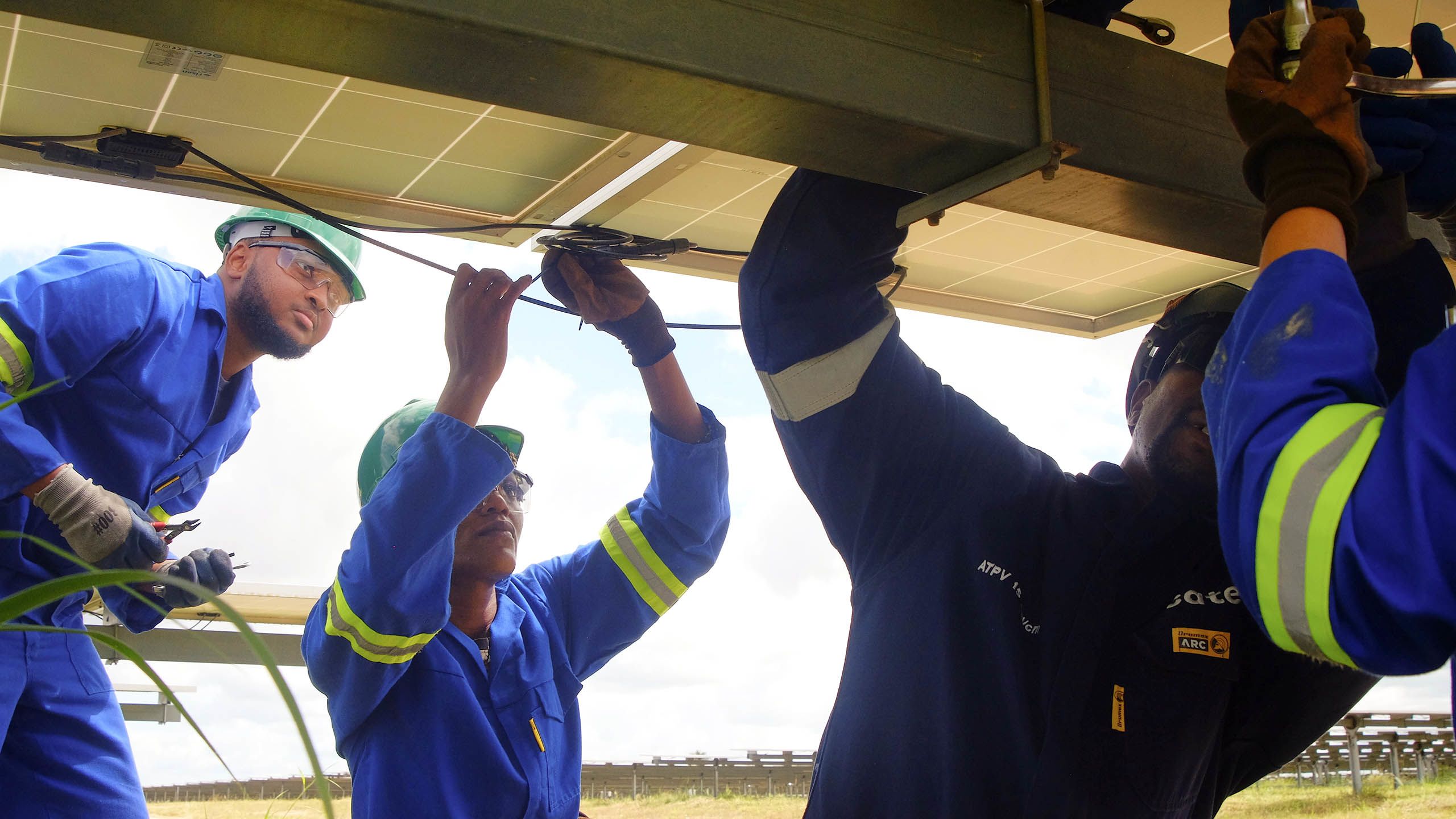
Community Development
Besides providing a reliable source of clean power to homes, businesses, schools, and hospitals, Mocuba is also empowering local farming communities: improving local livelihoods through community development was at the heart of the project’s design.
Newly constructed small mills powered by Mocuba have created jobs in the nearby villages of Bivi and Samora Machel. Besides that, many plant technicians, construction managers, electricians, and others were hired locally, multiplying the plant’s positive effects on surrounding communities.
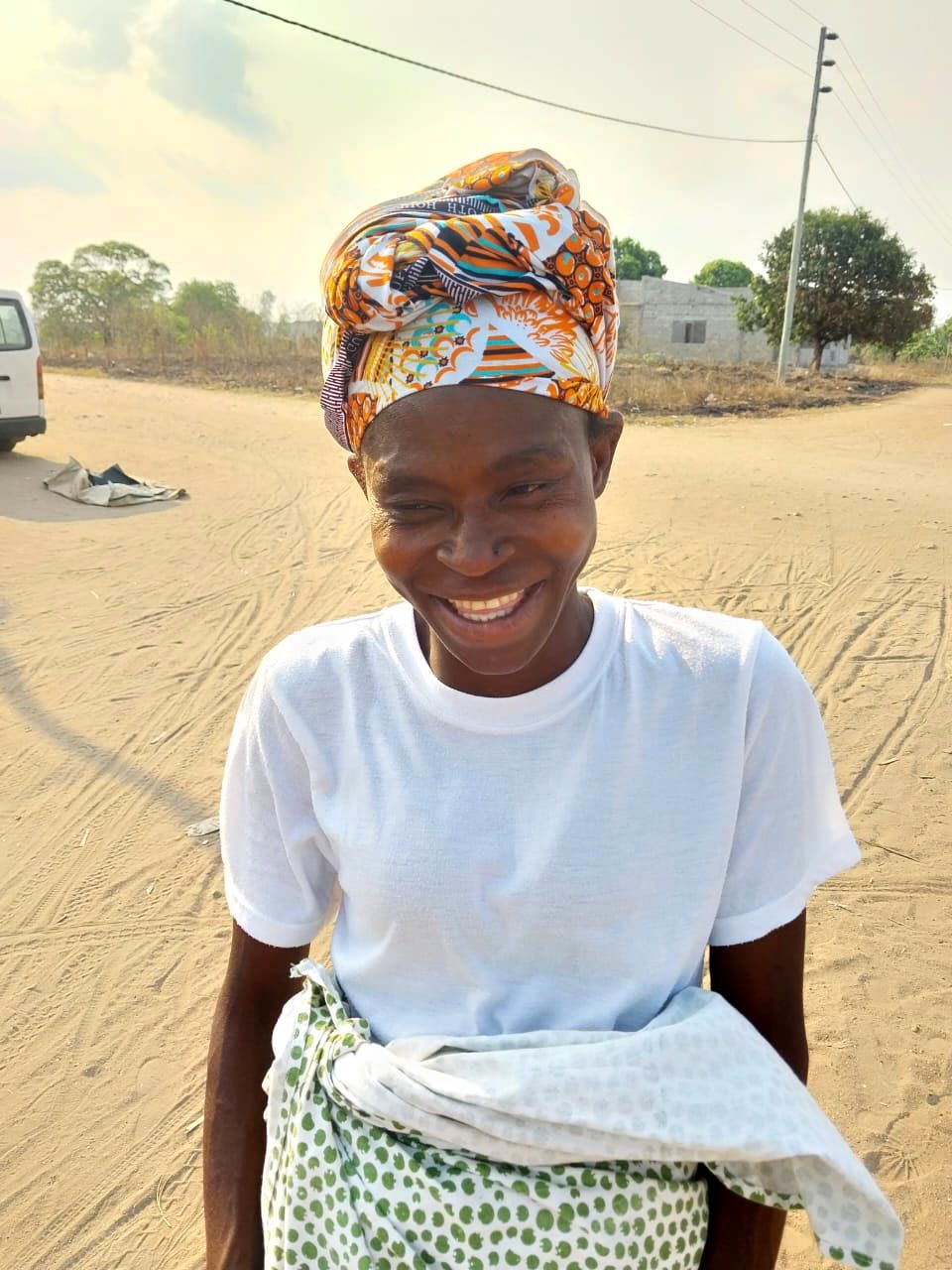
Evelinda Eugenio. Photo: Bryan Mudadi/SCATEC
Evelinda Eugenio. Photo: Bryan Mudadi/SCATEC
During its construction phase, Mocuba contracted 87 percent of its workforce locally, including Evelinda Eugenio, a farmer who was hired as a community liaison officer for the project:
“My work has helped me provide for my children and build a home for us,” she said. “The project has really helped the whole community, I can see the changes, things are better now.”
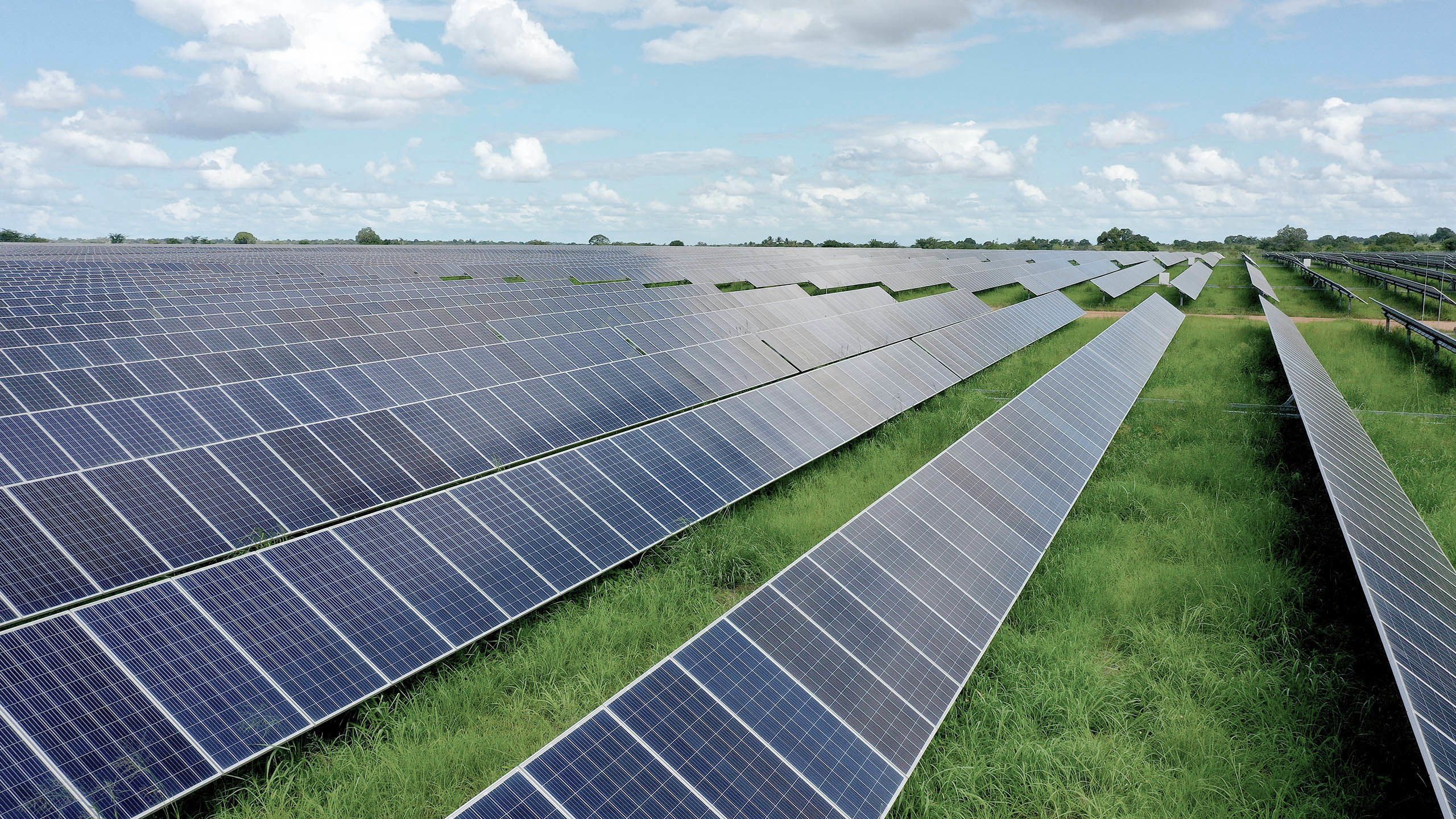
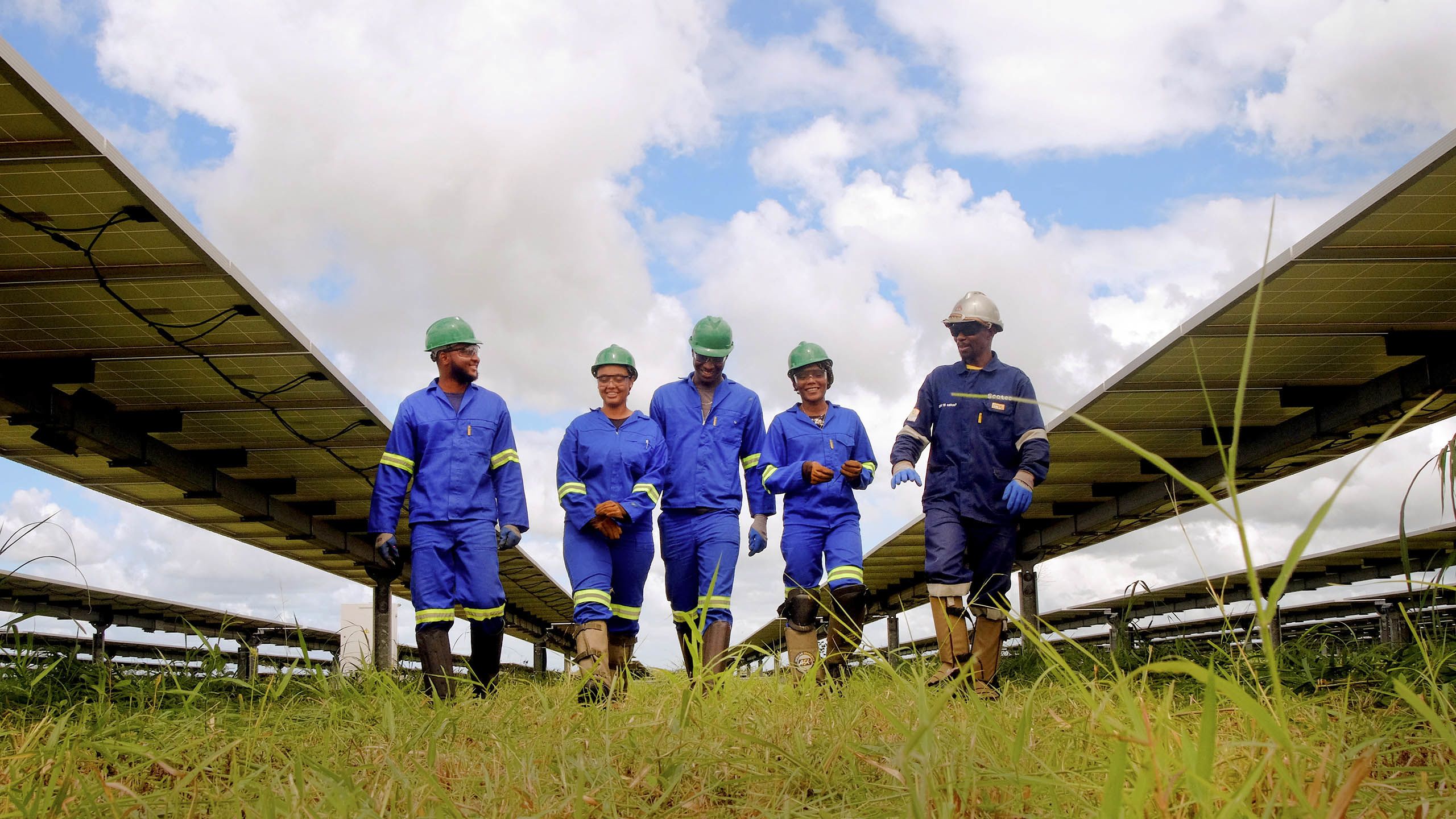
Building Bridges
Revenue from the project is also being invested in local infrastructure, including the construction of a bridge that is allowing farmers to bring their produce to market.
Other community development activities funded by the project include support for local farmers on planting and growing techniques, business skills, and financial literacy to help them improve their yields and revenue.
As the head of Bivi’s elders, Herminio Marqueza was there from the start. “Thanks to the solar plant, I’ve seen a huge change in the village,” he said. “We used to live in poverty, but now there are many brick houses with tin roofs many with electricity, and many people have jobs.”
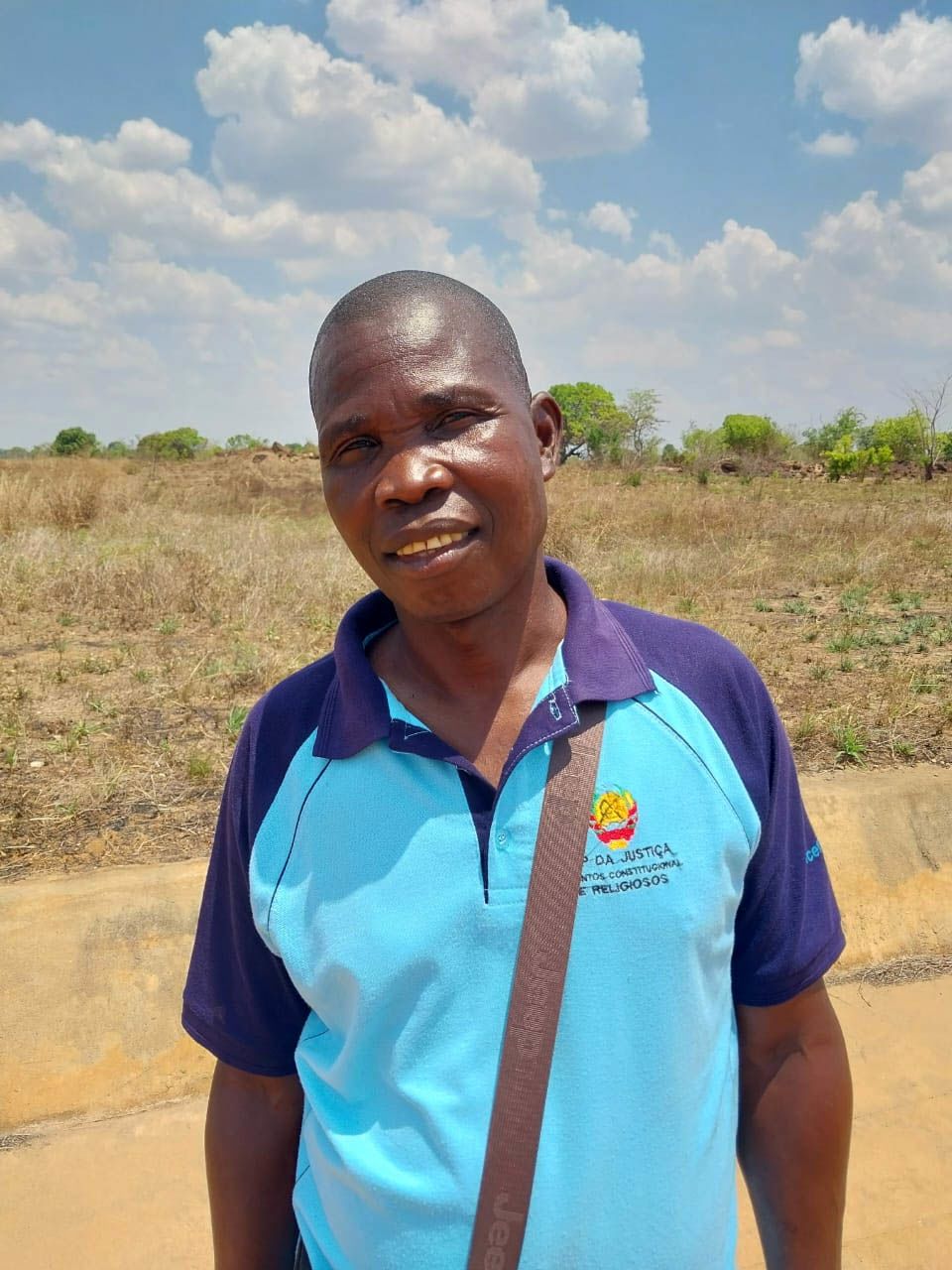
Herminio Marqueza. Photo: Bryan Mudadi/SCATEC
Herminio Marqueza. Photo: Bryan Mudadi/SCATEC
The success of Mocuba Solar—not only as a power plant but also as a champion of local communities—has inspired further, similar projects in Mozambique, including the 19MW Cuamba Solar plant, in Niassa province, which began operations in September 2023.
“Supporting decentralized, clean energy generation in countries like Mozambique requires commitment, local buy-in and persistence,” said Vasco Nunes, IFC Senior Operations Officer. “Projects like Mocuba Solar provide strong examples that lower-income countries are a viable market for investment, allowing a green energy transition and economic development to move forward together.”
Published April 2024
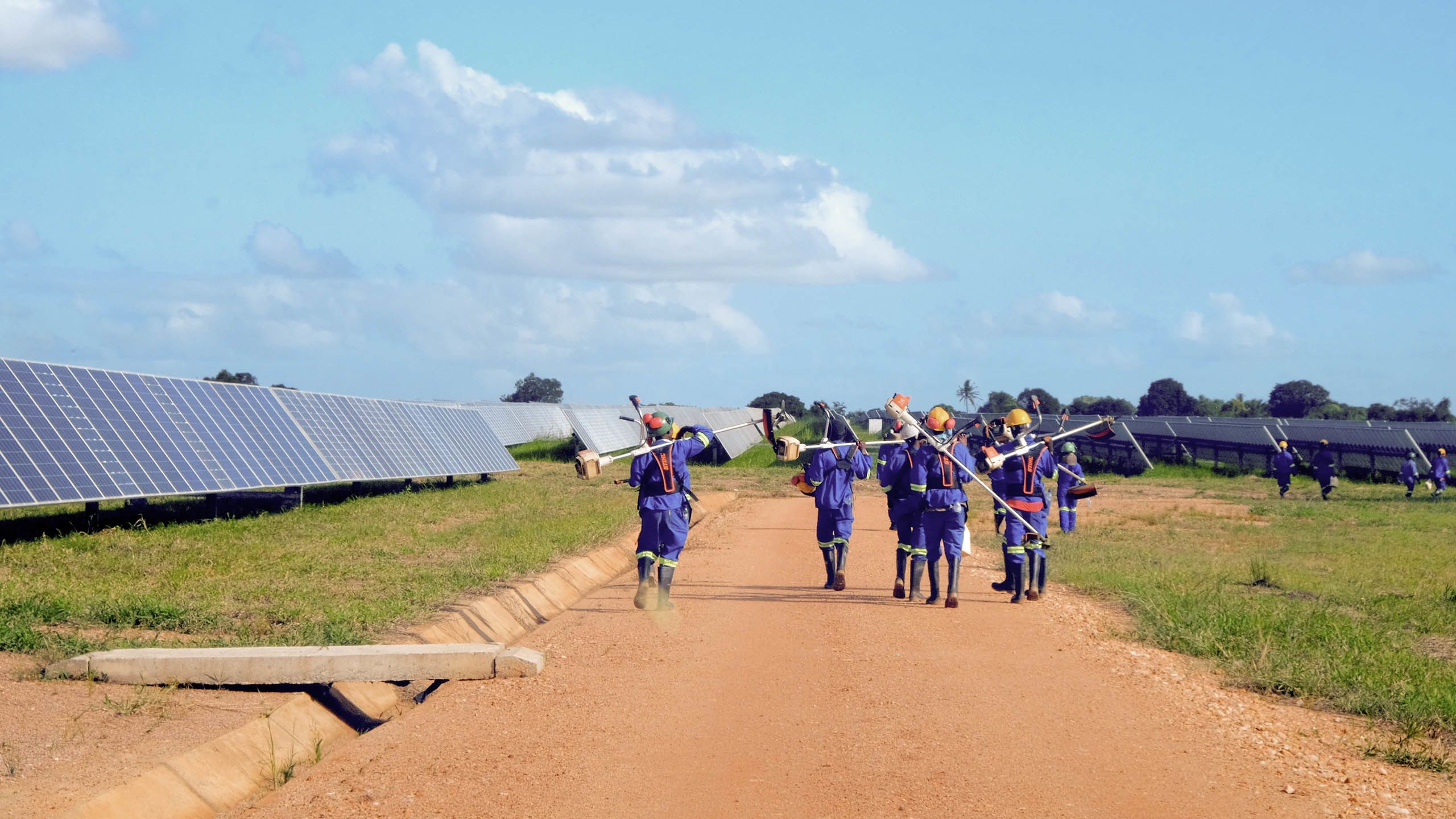
Read more about business solutions to climate change

